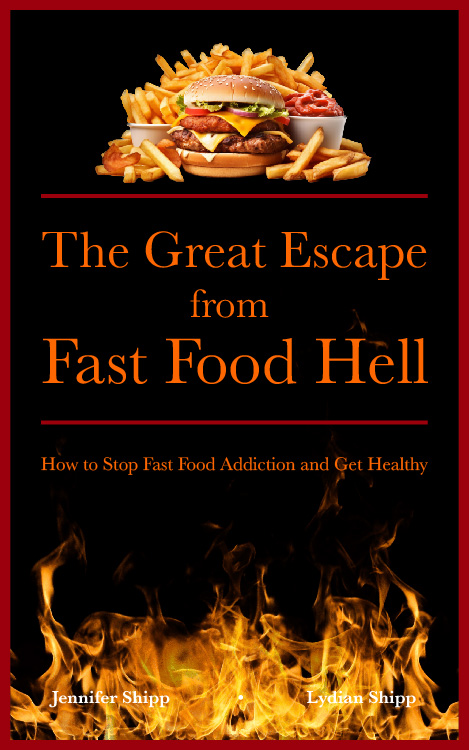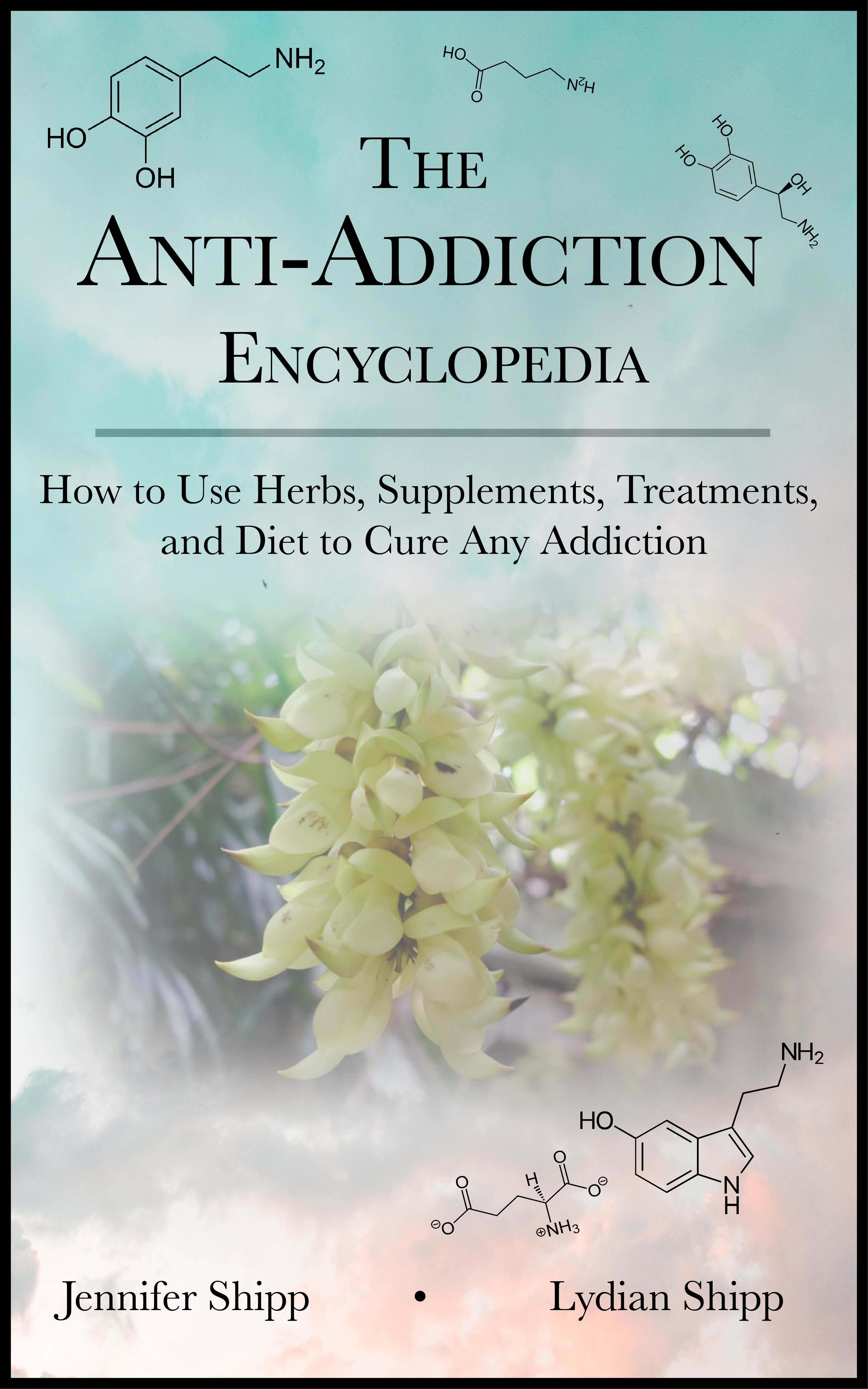At-Home Dietary Changes, Supplements and Medicine for Withdrawals: Amino Acids Safely Take the Edge Off Any Addiction

Amino Acids are the building blocks of proteins. They are nutrients that are found in high quantities in animal products like chicken, fish, eggs, and milk. They are essential nutrients that you need in order to build chemicals called neurotransmitters in the brain. Neurotransmitters like dopamine, serotonin, norepinephrine, GABA, and glutamate all play a role in thinking, feeling, and behavior. When neurotransmitters are imbalanced, addictive behaviors and other mental health problems develop.
In addition to their role in positive moods, amino acids are also required in the diet to build muscles, skin, hair, and other structures in the body. They exist in high quantities in meats and animal products. In order for your body to use amino acids to manufacture neurotransmitters or to build muscles, you must also consume appropriate amounts of certain vitamins and minerals, especially B vitamins and magnesium.
If you provide your body with enough of the right kinds of amino acids in combination with specific vitamins and minerals, your body will manufacture the neurotransmitters you need to easily get through the withdrawal process caused by any type of addiction. For example, your body needs a certain amount of tyrosine, phenylalanine, or L-Dopa in combination with vitamin B6 and magnesium to make dopamine. If you have enough of these amino acids, but too few vitamins to make dopamine, you may end up becoming addicted to a situation, an object, a person, or a substance that makes your brain squeeze as much dopamine into the synapse as possible because you’re so low on dopamine that only highly stimulating “fixes” result in any measurable quantity of dopamine being released into the brain. Methamphetamine is an excellent example of a substance that pushes as much dopamine as possible out of the neurons and into the synapse (the empty connecting-space between neurons) to produce a “high”. Coffee and high-caffeine drinks as well as foods that contain refined sugars offer an almost identical type of high as methamphetamine by squeezing unnaturally high levels of dopamine out of the neurons and into the synapses. Activities like posting on social media or scrolling through the news on your smartphone is also highly stimulating as big companies now tailor their feed to your specific fears and desires, pushing and withholding information to keep you “hooked”. And of course video games and pornography can hook users too by providing stimulating content that causes big bursts of dopamine releases that leave people starved after they’ve had that initial dopamine release and in state of dopamine drought. Once this dopamine drought happens, that person will be in state of seeking satiation until they do a reset on their physiology by changing their diet, taking supplements, and/or changing their behaviors.
So what happens after you’ve engaged with a substance or a situation that squeezes out unnaturally high levels of dopamine into the synapse?
- The neurons may be damaged by having been “soaked” in too much dopamine for unnaturally long periods of time.
- The lack of dopamine neurons makes it harder for you to get a fix (also known as “tolerance”).
- These dopamine neurons can heal over the course of about 5 to 6 months if you give them the right nutrients and if you stop exposing them to unnaturally high levels of dopamine by continuing to engage with the object of your addiction.
- The neurons run out of dopamine to squeeze out into the synapse because:
- The brain recognizes that there’s too much dopamine and it puts the brakes on manufacturing this neurotransmitter to help preserve the dopamine-specific neurons that it still has left.
- Often, people stop eating the right foods when they’re addicted to something and instead seek out the object of their addiction compulsively, neglecting their health. This results in a downward spiral that gets worse and worse over time. The brain no longer has the nutrients it needs to manufacture dopamine easily.
- To repair this problem, you can 1) stop engaging with the object of addiction using willpower and endure the resulting low levels of dopamine for 5 to 6 months until the neurons grow back or 2) your can intervene in the downward spiral by taking nutrient supplements that will help the brain easily manufacture new stores of dopamine every 4 hours thereby avoiding most of the withdrawal symptoms of addiction.
The need to seek out that addictive fix from social media or the smartphone, pornography, video games, online gambling, high-sugar foods, or substances like methamphetamine, cocaine, alcohol, or opiates becomes compulsive when there simply isn’t enough dopamine to release satisfactory quantities into the brain by doing normal, low-key activities like watching a sunset, playing with a beloved pet, or enjoying time spent with loved ones.
The supplements we talk about in this series of blog posts contain high levels of nutrients, amino acids, or neurotransmitter precursors that can help give your brain what it needs to stop the downward spiral, promote healing of the dopaminergic neurons, so you can start engaging in real life again.
 The Great Escape from Fast Food Hell: How to Stop Fast Food Addiction and Get Healthy - BUY HERE!
The Great Escape from Fast Food Hell: How to Stop Fast Food Addiction and Get Healthy - BUY HERE!
Why You Need Amino Acid Supplements to Break an Addiction
Amino acids are the building blocks of proteins and some of these amino acids are not readily available in the foods that we eat. If you’re struggling with any type of addiction, that’s a sign that your body doesn’t have the amino acids that it needs to make the necessary supply of neurotransmitters in the brain that make you feel okay with the world without the addictive item or situation. Sometimes nutrient deficiencies exist that predispose a person to becoming addicted to a situation, object, technology, substance, or person. Sometimes, nutrient deficiencies are created as a result of engaging with addictive substances, technologies, situations, or people. This process can go both ways, but once addiction starts, one of the simplest ways to hijack the addictive cycle is to change to an anti-addiction diet and start taking amino acid supplements.In fact, if you’re wondering what to do if a child is addicted to technology, a toxic person, a substance, or any other negative thing or situation, a first step is to change the child’s diet and to give the child amino acid supplements.
Of course, even if you take amino acid and nutrient supplements, you will still need to make decisions about what you do with each day of your life. Amino acids and nutrients supplements won’t take away your personal volition or your ability to choose what you do with your time or what you put into your body. But amino acid supplements will take the edge off addictive thought processes like obsessions and compulsions. They will help get rid of physical and some emotional withdrawal symptoms, leaving you primarily with mental reframing work and decisions about how to live your life in new ways.
Amino acid and nutrient supplements won’t hurt you. They’re the building blocks of muscles and brain tissues and they play an essential role in any addiction treatment program.
Amino Acid Basics
Amino acids can be placed into 3 different categories depending on how the body uses them. They may be: essential, conditionally essential, or nonessential.- Some amino acids are essential. You can’t live without them. You need to get a certain amount of these amino acids every day in your diet or through supplements or you may experience health consequences.
2. Some amino acids are conditionally essential. If you’re under a lot of stress you may need to take supplements that contain these amino acids or the body will become depleted. When the body is depleted of these conditionally essential amino acids, your body may use up other types of amino acids to try to compensate. This can lead to lower levels of immunity, poor mood, and other negative health consequences.
Stressors that could lead to depletion include:
- illness
- international travel
- extreme weight loss
- stress at work or in your relationships.
3. Some amino acids are nonessential. Your body can make them out of the other essential or conditionally essential amino acids. Taking non-essential amino acid supplements is sometimes helpful if you are trying to accomplish certain health goals such as body building, overcoming addiction, or regrowing or strengthening hair and nails. Just because an amino acid is nonessential doesn’t mean that you won’t benefit from taking a supplement that contains it.
If you provide your body with enough of the right kinds of amino acids, your body will manufacture the neurotransmitters you need to control your own mind and behaviors.
Certain amino acids such as BCAAs that are used for building muscle during body-building programs may interfere with the body’s ability to absorb smaller amino acids such as L-Dopa (present in Mucuna pruriens and not chemically the same as Levodopa, which is colloquially referred to as LDopa and often confused with the essential nutrient L-Dopa that our body must either consumer or make in order to build dopamine) that are absolutely essential for overcoming addiction. If you’re taking a BCAA supplement or any body-building supplement, don’t take it at the same time as when you take your Mucuna pruriens supplement (which contains a high quantity of L-Dopa).

Addiction and Nutrient Therapies
It doesn’t matter what you’re addicted to. Amino acids can help. Most of the fundamental neurochemical imbalances behind a meth or heroin addiction are similar for someone who’s addicted to social media or gambling. Of course, the general health effect of a methamphetamine or heroin addiction on your brain and your life may be quite a bit different than the effect of a sex or porn addiction or an addiction to video games or social media, but in all these cases, the behavior of addiction is fundamentally the same. If you’re addicted to something, that thing controls you instead of you having control over it.As we discussed above, the reason why the addictive object controls you is because you have low levels of dopamine in your neurons. Your brain needs something significant to squeeze out the dopamine that you have available to your brain into the synapse. Over time, as you engage with the object of addiction more and more, the dopaminergic neurons are destroyed by these high dopamine levels. So you need more and more of the addictive object. You develop a tolerance to it and the downward spiral continues.
Of course, many people who are extremely addicted to something refuse to believe that they’re addicted. That line between having control over a thing you desire and the thing you desire controlling you is fuzzy. Sometimes it’s easier for loved ones to see that you have a problem with the object of your desire (meth, a toxic relationship, social media, video games, etc.) than it is for you to see that there’s a problem.
The reason why it can be easier for someone to see that you have a problem is because dopamine makes it more difficult for your brain to explore. A brain that’s low on dopamine will not want to explore new streets that might lead from work to home, for example. A brain that’s low on dopamine won’t want to explore new ideas or new thoughts. All exploration and creativity becomes too difficult. It’s easier to just engage with the object of the addiction and familiar patterns of behavior and routines.
But how does it change things if you can nourish your brain with the right amino acids and nutrients to put yourself back in control again?
What if addiction is nothing more than a nutritional deficiency?
Of course, to say that addiction is nothing more than a nutritional deficiency is an oversimplification of this very broad human experience. But what if nutritional deficiencies play a bigger role in the addictive process than you thought---let’s say, 50-80%? In reality, the extent to which nutritional deficiency plays a role in addiction varies from person-to-person and addiction-to-addiction. But how does this change the way that you feel about trying to overcome your addiction if you can get some solid and noticeable support with the process of letting go of your addiction and regaining control over your life through something as simple as essential nutrients?
The physical pain that people experience during the withdrawal process from an addictive substance, situation, or object is something that makes many people resistant to trying to overcome their addiction. If that pain can be mitigated and reduced by changing one’s diet and by taking certain supplements, the resistance to overcoming addiction is lowered. Suddenly, if you have the proper nutrients in your body the mental and emotional strength to make healthy decisions for yourself and to change your habits is available for you.
For people who are addicted to substances like drugs or alcohol, detoxification from the substance adds another layer to the experience that people who are addicted to gambling, social media, smartphones, or video games don’t have to contend with. Luckily, there are supplements and medicines to help with detoxification from substances as well, but this is beyond the scope of our current discussion.
Most people have a reason why they become fixated on or addicted to a specific object of desire like social media, drugs, alcohol, porn, or video games. Amino acids and nutrients can help you let go and experience fewer of the physical and emotional symptoms of addiction during withdrawals and throughout the healing process as the brain is rewiring itself.
Other plant medicines such as Iboga or Ayahuasca can take major addictions a step further by providing a deeper understanding of your addiction on a spiritual, mental, and emotional level. These sacred indigenous anti-addiction medicines are an important resource for people who can’t seem to overcome their addiction using gentler supplements and nutrient therapies.
The Science Behind Using Amino Acids to Overcome Addiction
Research into the use of precursor amino acids for addiction treatment have yielded significant results. In one study examining substance use disorders, an amino acid precursor significantly reduced the chronic emotional, physical, and impaired cognition symptoms of drug abuse. In a 2-year follow-up, 21 out of 23 (91%) subjects who were given high doses of precursor amino acid molecules were still sober 2 years after treatment. Remember, the process that causes smartphone and social media addiction is the same process that causes drug addiction. So, this study shows that amino acids can help drug abusers overcome their addiction which means that amino acids would also work to help social media addicts and smartphone addicts.One nutraceutical called KB220 has been successfully used to treat addiction. It contains B-vitamins, chromium, DL-phenylalanine, L-tyrosine (both L-Dopa and dopamine), L-glutamine, 5-HTP, N-acetylglucosamine, N-acetyl-cysteine (NAC) and plant medicines such as passionflower, aloe vera, frankincense, white pine bark, and rhodiola.
Research has shown that the half-life of amino acid supplements is approximately 4 hours. That’s why we recommend that you take supplements every 4 hours during the initial stages of your addiction recovery. Over time, you can take divided doses twice daily in the morning and at night. Generally it is better to take amino acid supplements without food to enhance their ability to get through the blood-brain barrier.
The type of addiction that a person is suffering from will dictate which types of amino acids would be most beneficial for treatment. For example, Taurine, L-Tryptophan, and Acetyl-L-Carnitine may be some of the most important aminos for alcohol addicts, while Kudzu is a plant medicine that reduces alcohol use by up to 20% even in alcohol addicts who have no intention of quitting. In cocaine or methamphetamine addiction, N-Acetyl-Cysteine (NAC) can help prevent individuals from relapsing after they’ve gone through the initial detoxification and withdrawal process.
If you are addicted to alcohol, meth, heroin, or any other substance, you can use these same amino acid and nutrient therapies to overcome these addictions.
Those who are suffering from an addiction to pornography, video game addiction, addiction to social media, online gambling, or other addictive situations that don’t involve substance use, brain chemical imbalances are likely to be slightly less imbalanced. The list of supplements or the dosages you would need if you’re suffering from this type of addiction will therefore be slightly different. But certain situational addictions like the ones listed above might lead to poor nutrition or extreme lack of sleep that makes the addictive process more devastating on the brain. The role of amino acids and nutrients in someone recovering from an addictive situation that involves sleep deprivation due to tech-use would be very similar to the role of aminos and nutrients in recovering from meth addiction.
NOTE: Lydian and I recently completed the development of DreamLight.app, an addiction recovery meditation tool that was designed to be used in tandem with the amino acids, herbs, vitamins, and minerals that we talk about in this article and in our book The Anti-Addiction Encyclopedia. The DreamLight.app is an addiction guided meditation tool that incorporates the use of flickering lights, music and sound, and a guided hypnosis experience that allows users to gently delve into their unconscious mind to rework the roots of bad habits and gain greater control over their lives. When used in tandem with the amino acids, herbs, and supplements that we recommend above, the DreamLight.app provides a full-bodied protocol for the treatment of addiction at home.
Related Posts:
Resources:














